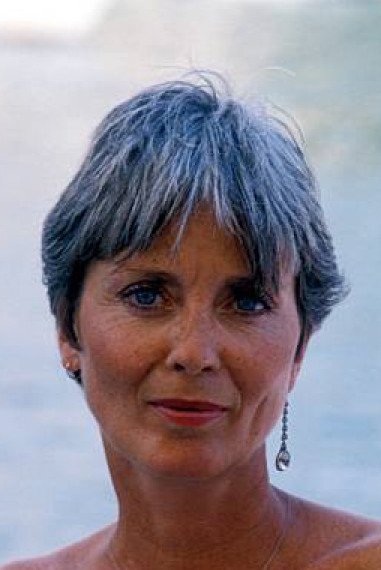
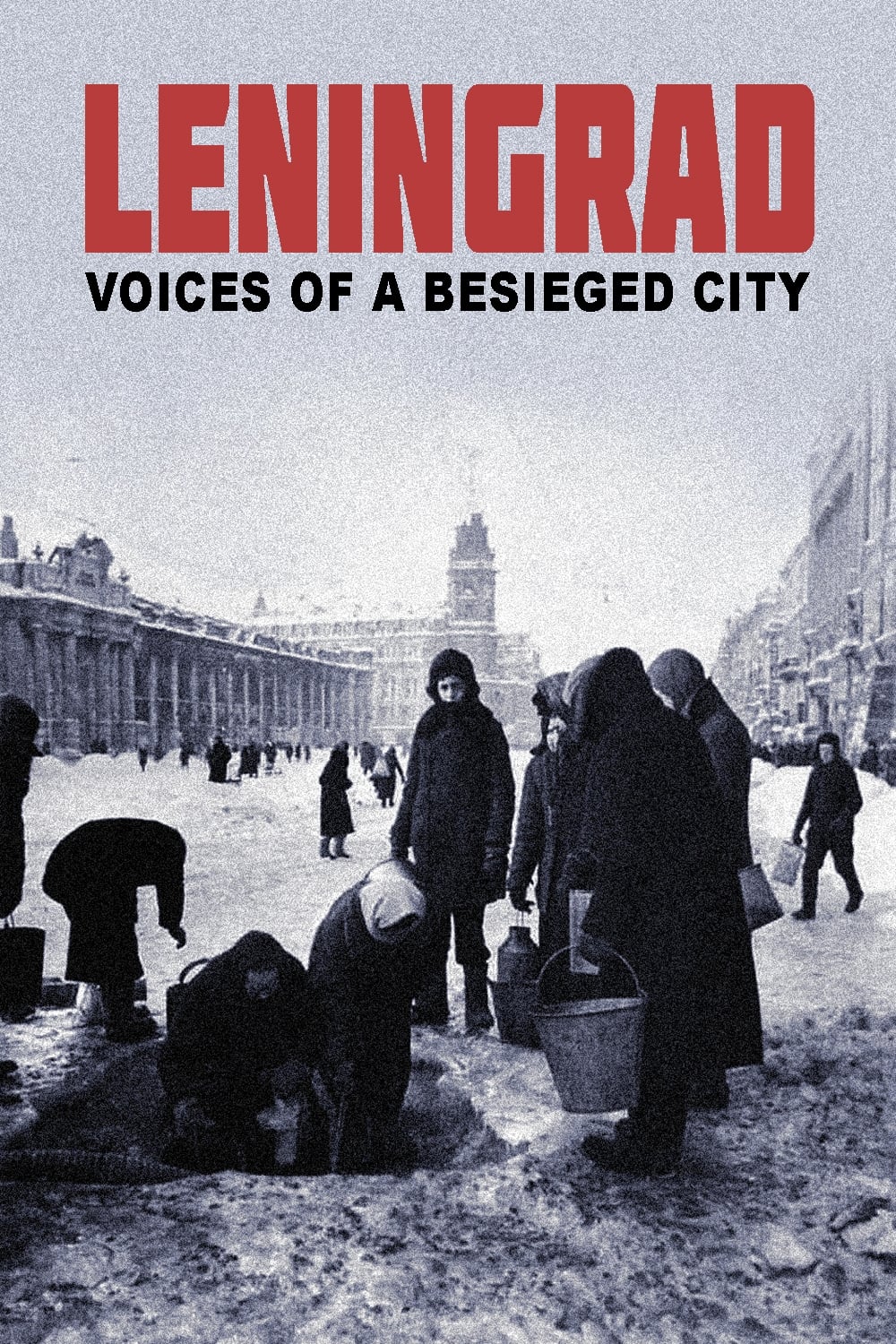
It was one of the great crimes of the Second World War: from 1941 to 1944, a total of 872 days, the siege and starvation of Leningrad by the German Wehrmacht on Hitler's orders lasted. Over a million people fell victim to the blockade, most of them dying of hunger. Countless of these starving people wrote diaries with the last of their strength, and cameramen filmed in the paralyzed city. Evidence from the hell of the siege, many of the film recordings, but above all the written memories on which this documentary on the occasion of the 80th anniversary of the liberation is based, remained under lock and key after the war. The voices of those who had suffered through this terrible time should not be heard by anyone, because they did not fit the pathos of the Leningrad heroic song that was officially sung. Most of the recordings come from women. The writers feared neither the enemy nor the Communist Party or Stalin, who often proved incompetent in providing for the population.
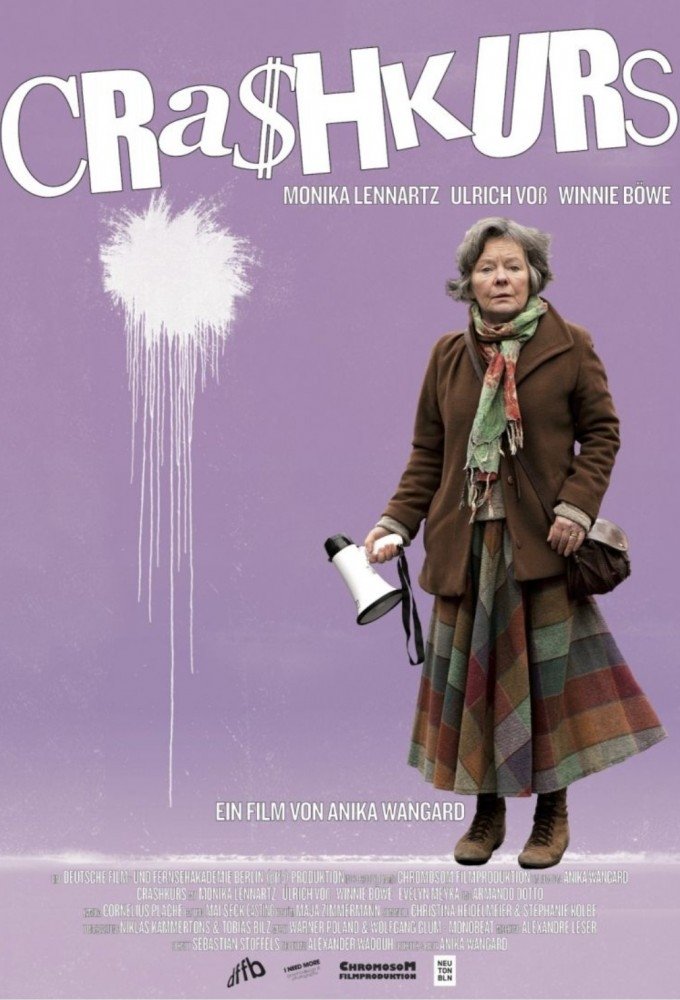
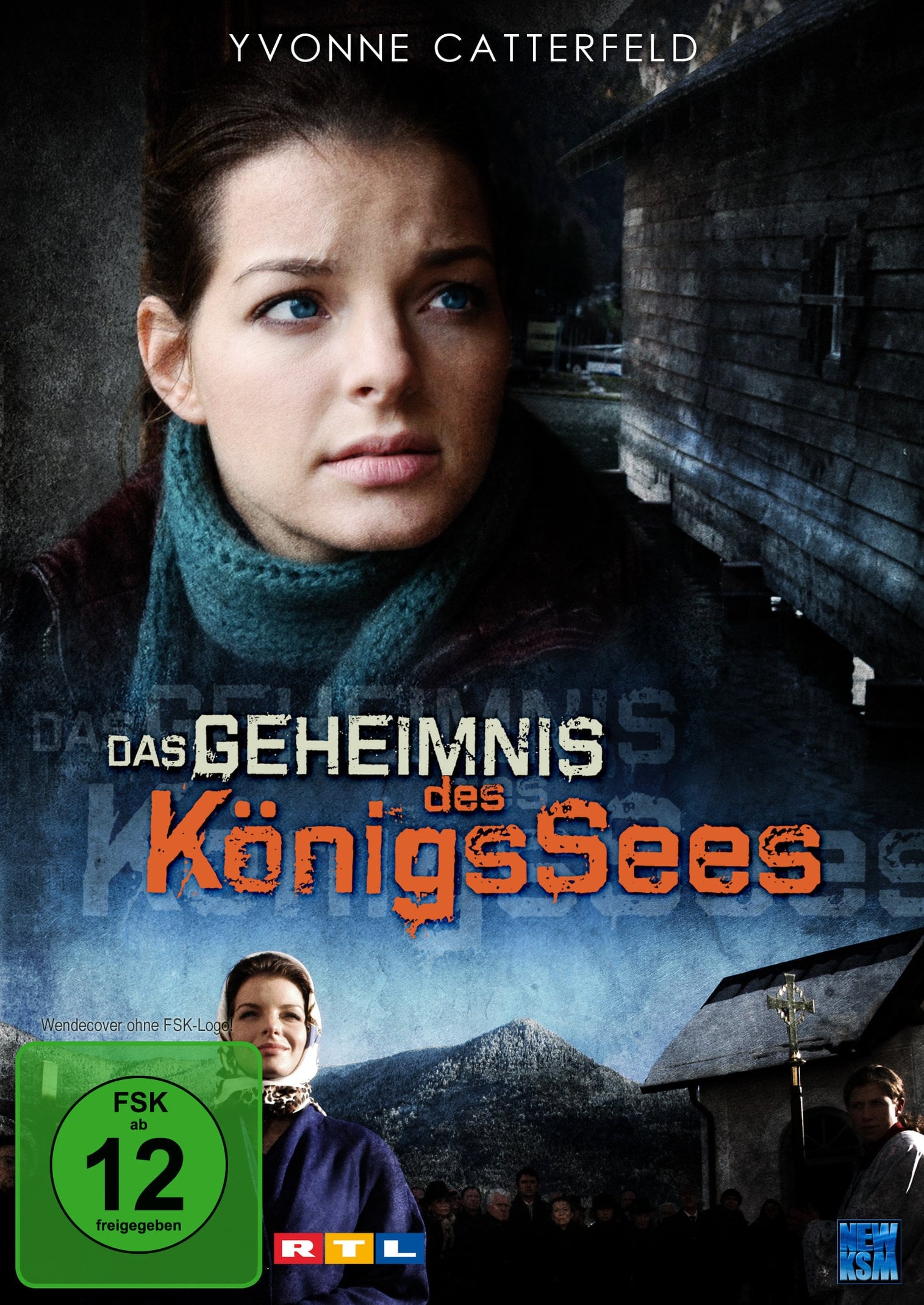
The owner of a hotel at the river of a lake lives deeply embittered since his girlfriend disappeared in mysterious circumstances more than 20 years ago. But when one day he sees on television a young woman with a remarkable resemblance to her, he decides to hire her. Her presence increases his sick obsession to recover his lost love.
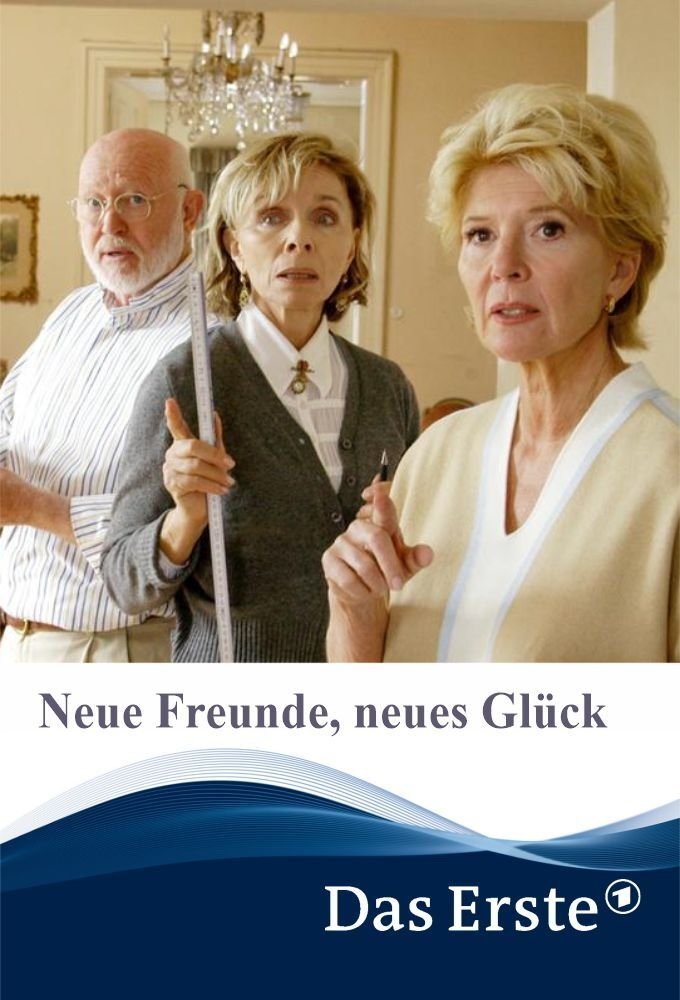
Nele Ungureit is blindsided: suddenly, after 35 years of marriage, her husband Fred leaves her for his secretary. Nele's ideas of happiness together in old age are suddenly shattered. Even her two grown-up children Susan and Hannes are no support for her in this difficult situation. Nele has great difficulty adjusting to her new single life - until the surprising inheritance of a spacious city villa gives her an idea: together with some senior citizens she has met in the meantime, Nele sets up a shared flat and life together. The only problem is that her son Hannes has his own plans for the villa.
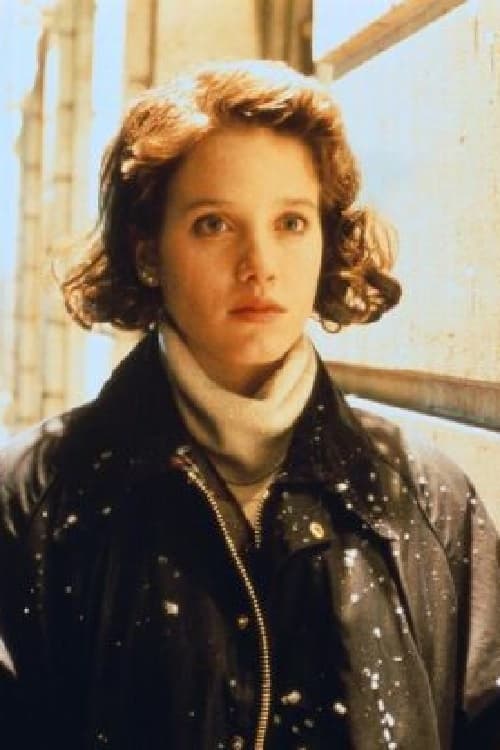
Shortly before her wedding, Ella learns that she has leukemia. A bone marrow transplant from a blood relative is the only way to save her life. But her mother confesses to her that she was adopted as a baby. Ella sets off in search of her biological mother and begs her: “Mother, I don't want to die!
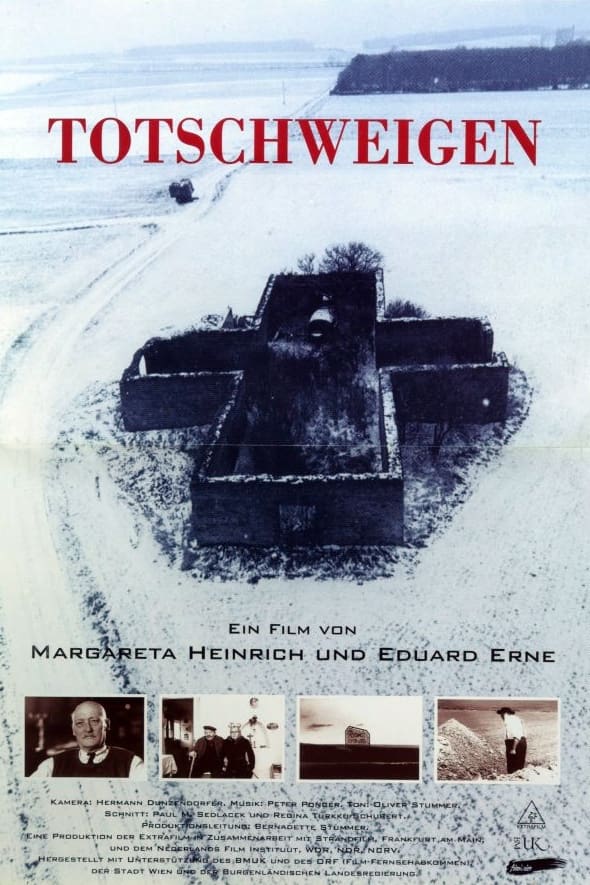
In the small town of Rechnitz a terrible crime against humanity was performed during the holocaust. Until now, no-one dares to talk about it.

By browsing this website, you accept our cookies policy.